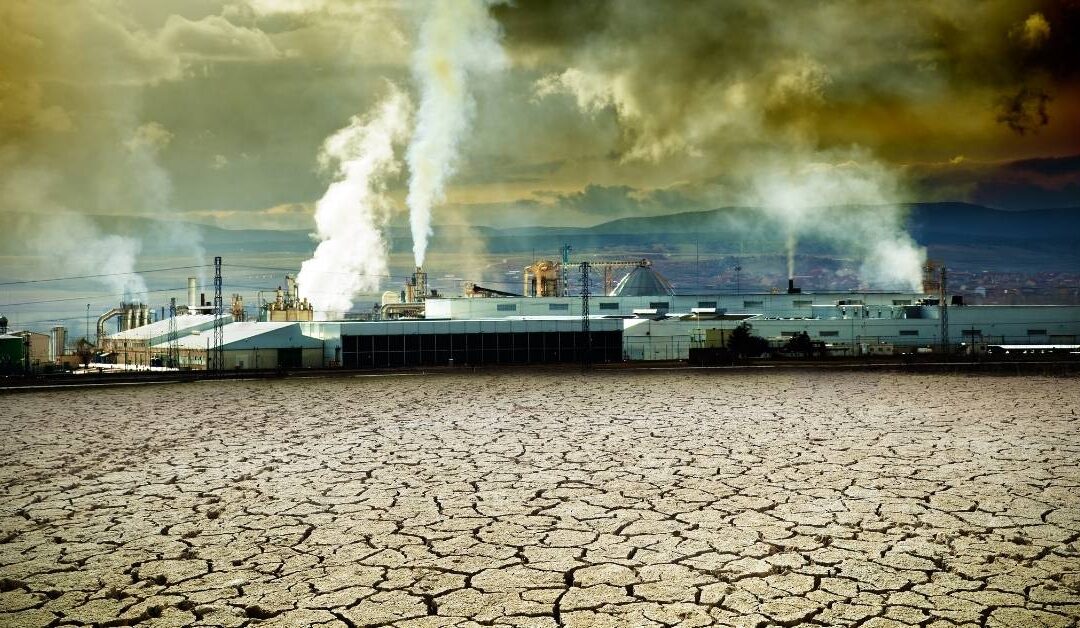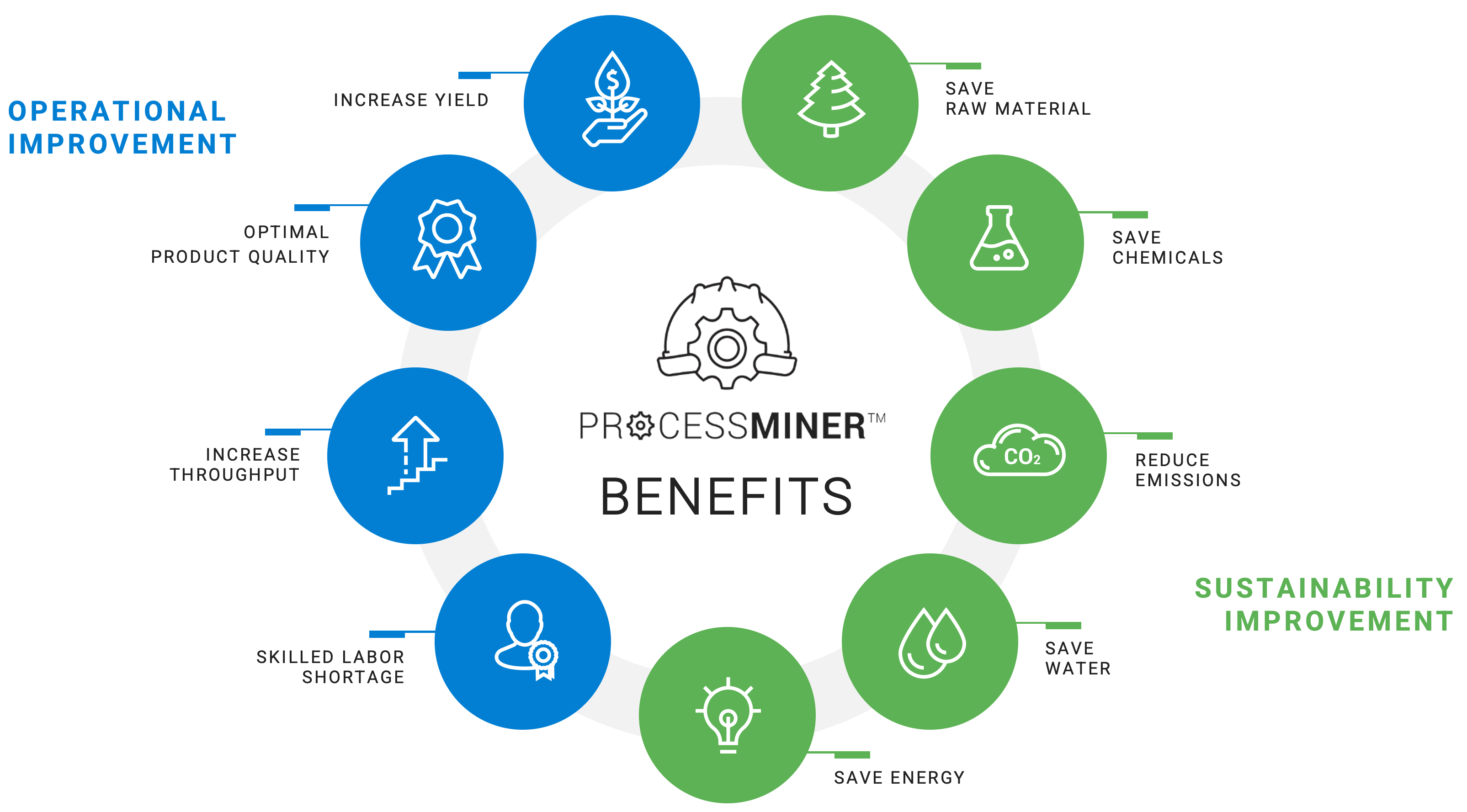Interesting fact: there are currently no sustainability standards for pulp and paper mills even though sustainability is becoming more important globally.
Another interesting fact: It takes more than 400 years for a tree to remove its carbon footprint.
Why Sustainability in Pulp and Paper Manufacturing is Critical to Our Future
Let’s be real: recycling promises do not always work locally. For example, there is a difference between virgin and recycled pad stock on the West Coast vs. the East Coast (B2C). Not to mention that sustainability efforts are extremely important especially in China where they are one of the world’s leading producers of paper. A lack of sustainability could definitely harm sales, production, or both (Harvard Business School).
There are currently no sustainability standards for pulp mills even though sustainability is becoming more important globally due to new technologies being used across industries including manufacturing facilities that have implemented sustainability strategies which have caused them to have higher profits than their peers (MIT Sloan Management Review).
It takes more than 400 years for a tree to remove its carbon footprint. Industry sustainability professionals are working on innovative ways of making paper while maintaining environmental standards and reducing emissions (EPA).
There is also an issue with recycling promises and sustainability in the United States (The UFSJ).

If a consumer purchases 20 percent recycled content bond paper, but only 2-5 percent is actually used as 20 percent recycled bonds, what happens to the rest? Is it even recyclable? This may lead to contamination of the recycle stream or lower quality fibers being reused.
Also, what is the raw material sustainability of a recycled product? It takes about 1000 lbs. of wood to make 1 ton of pulp so sustainability is now an issue with virgin and/or recycled pulp (USDA).

Paper mills now have sustainability initiatives which can be implemented through various means, including:
- reduce deforestation by promoting sustainable forest management
- improve energy efficiency in production facilities
- treat wastewater prior to release into the environment
- use high-quality diesel fuel produced without heavy metals or sulfur
- invest in research and development for new technologies that promote sustainability within the industry
Meeting sustainability standards requires continuous evaluation of process planning and assessment of technology selection which impacts critical environmental factors such as cost-effectiveness vs. sustainability (Global Paper).
Environmentally preferable purchasing (EPP) is an EPA policy that encourages the selection of products that have less environmental impact throughout their lifecycle. This can encompass sustainable forestry, recycling content, post-consumer material content, design for environment consideration, packaging weight reduction, and renewable energy content (EPA).
As EPP continues to be a priority in sustainability initiatives for pulp and paper mill sustainability planners over the next couple of years it will become more important for mills to understand what EPP consists of before making product selections or planning production schedules with sustainability in mind (IndustryWeek). Using these strategies will help mills reduce their carbon footprint as well as maintain environmentally responsible practices.
Manufacturing + ProcessMiner = Sustainability Goals
Sustainable manufacturing minimizes negative environmental impacts, conserves energy and natural resources, and is safe for employees, communities and consumers.
At ProcessMiner, our sustainable manufacturing goal is to optimize the whole product lifecycle of manufacturing systems, products and services, which generates more sustainable products and allows the manufacturing processes to become more sustainable, increasing a company’s social and environmental benefits.
Manufacturing Operational Improvement
- Address Skilled Labor Shortage
- Improve Product Quality
- Increase Yield
- Increase Throughput
Manufacturing Sustainability Improvement
- Save Energy
- Reduce Emissions
- Reduce Chemicals Usage
- Save Raw Materials
- Decrease Water Usage
Innovating Manufacturing Technology for a Sustainable Future
At ProcessMiner, our sustainability focus is on innovating solutions for the manufacturing industry’s most pressing challenges. Learn how the ProcessMiner platform uses real-time artificial intelligence to help reduce energy consumption, raw materials, chemical usage and cost. See our quick “How it Works” video.


